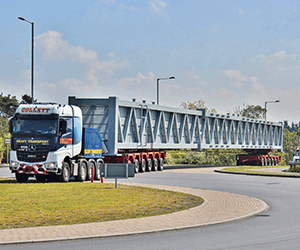This would equate to £2-£3bn out of the annual cost of building power, transport and water schemes, where an estimated £15bn to £20bn is spent each year.
Arup’s Terry Hill produced the report for Infrastructure UK, as part of the Treasury’s drive to find out why major projects in this country cost as much as 25% more than the rest of Europe.
During the course of the investigation, Hill held more than 300 interviews with main contractors and organisations at home and abroad, including Balfour Beatty and Kier.
Ian Tyler, CEO of Balfour Beatty and a member of Hill’s steering group, said: “Many of these challenges are well known, but have not been tackled.
“There is now a real opportunity for Government and industry leaders to work together and find ways to reduce costs and stimulate economic growth for our industry and the UK.”
The review singles out six key areas where the Government and private sector contractors could extract big savings on future infrastructure spending.
Hill has called for fresh measures aimed at increasing certainty of the investment pipeline, removing wasteful process and strengthening the capability of those involved in procurement and the supply chain.
The report also says the industry and Government should work to better clarity the roles of different subcontractors so risk on projects is not being factored into to every bid price.
Conclusions
- there is a lack of certainty over long-term workflow
- the UK over-specifies and applies unnecessary standards
- strategic investment is constrained because industry is fragmented
- blurring of decision-making roles make governance inefficient
- competitions are burdensome and stifle innovation
- a lack of data limits capability to set challenging targets
Action needed to reduce costs
- eliminating peaks and troughs in the infrastructure investment pipeline
- improving client leadership, streamlining project governance and procurement
- reducing unnecessary prescription, standards and third party requirements
- improving asset management and benchmark data
- developing smarter ways to use competition
- encouraging industry to invest more in innovation and skills
Lord Sassoon, commercial secretary to the Treasury, said he had been surprised by how willing contractors had been to help the government reduce infrastructure spending.
The Government said it planned to implement the report’s findings by next year’s Budget.
A benchmarking study also confirmed that civil engineering projects cost 20-25% more in the UK than schemes in countries like Ireland and France. Only Nordic countries suffer from higher costs than the UK.
Chief Secretary to the Treasury, Danny Alexander said: “One look at projects like the Olympics, where over £600m has been saved, shows that the UK can deliver big infrastructure projects on time and within budget.
“We just have to make sure that the rest learn from the best. By working with industry we can identify ways to save money for them and the taxpayer.
He added: “The data gathered through IUK’s investigation has enabled us to identify savings of between £400m and £800m from the initial cost estimate for High Speed 2.”
Steering Group
Terry Hill (Chairperson) : Global Transport Market, Arup Humphrey
Cadoux-Hudson: Managing Director Nuclear New Build, EDF
Lucy Chadwick : Director of Rail and Road Projects, DfT
Stephen Dance : Head of Public Sector Markets, Infrastructure UK
Peter Hansford : President, Institution of Civil Engineers Phil Holland : Executive Vice President Projects, Shell
Chris Newcome : Director, Anglian Water
Paul Morrell : Chief Construction Adviser, BIS David Pitchford : Head of Major Projects, ERG
Ian Tyler : Chief Executive Officer, Balfour Beatty

 (590 × 200px) - Dec 24.gif)



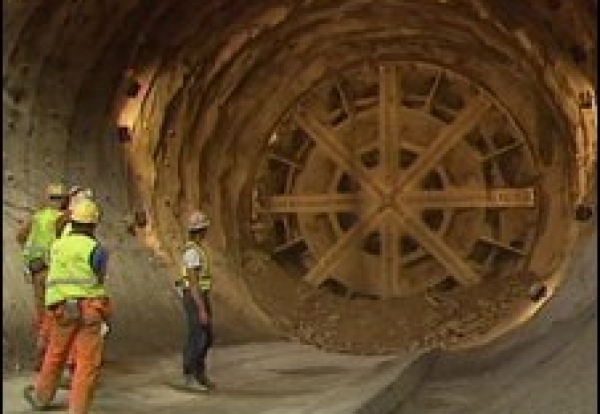


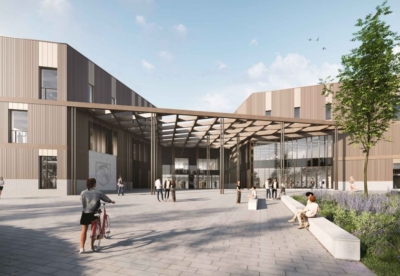
 MPU 300_250px.gif)

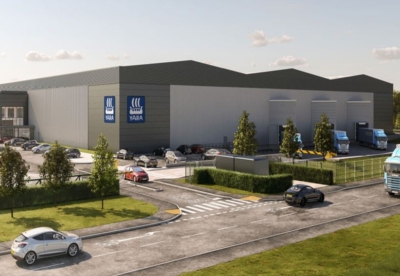













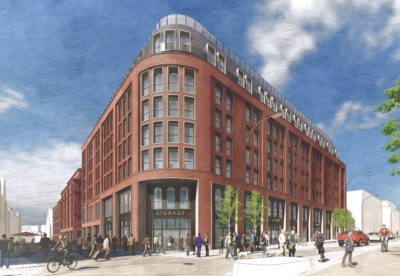

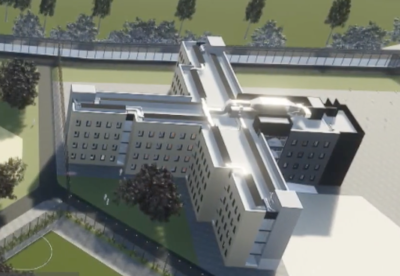



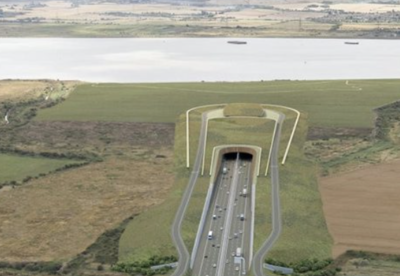

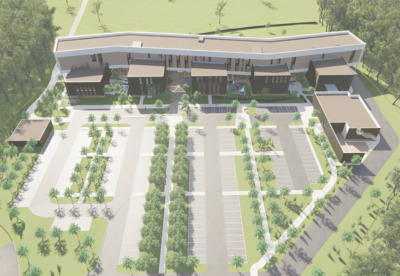



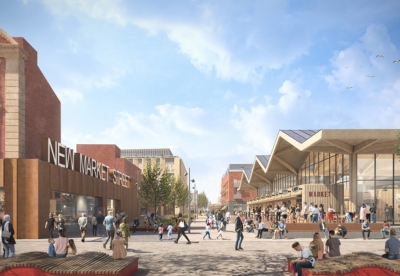

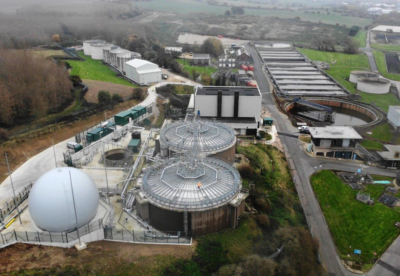

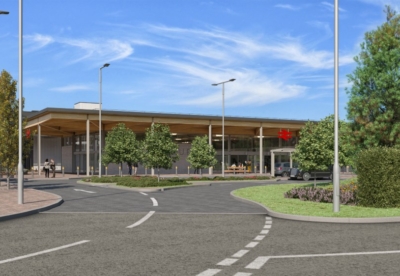





.gif)






